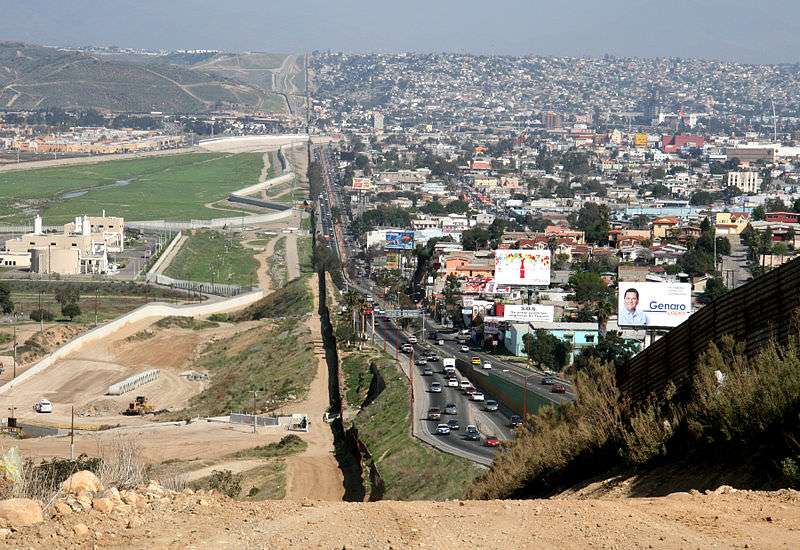Gary Becker's Unlibertarian Immigration Policy Would Be an Improvement on the Status Quo


The Nobel Prize-winning economist Gary Becker died over the weekend. Becker wrote on a range of topics, but one of my first introductions to his work was his 2010 Institute of Economic Affairs Hayek Memorial Lecture on immigration. The lecture, which can be viewed here, was also written up as a monograph, which can be read here. In the lecture Becker argued that "governments should sell the right to immigrate" and that anyone other than the very sick, criminals, or potential terrorists who pays the migration fee should be let in.
In his introduction to the monograph Philip Booth, the IEA's editorial and program director, writes that, "Gary S. Becker is not a libertarian when it comes to migration." Indeed, Becker preempts objections from libertarians who favor comparatively very liberal immigration policies such as those seen in the U.S. in the nineteenth century:
Some of my libertarian friends – with whom I have a lot of sympathy in most areas of policy – have said to me that we should just go back to US policy in the nineteenth century and allow unlimited immigration. Look at all the great value we have obtained from immigrants, they argue. I am second to no one in believing that immigrants have been a huge source of value for most countries, and certainly for the USA. My wife is an immigrant, my parents were immigrants and there's hardly an American, if you go back only a few generations, where you do not find immigrant ancestors. But the world is very different now from the way it was at the end of the nineteenth century and the beginning of the twentieth century.
Becker goes on:
…the welfare state makes it very unattractive to go back to the immigration policies that the USA had in the late nineteenth century.
Becker's concern about the effect increased immigration would have on the welfare state is widespread. However, as the Cato Institute's Alex Nowrasteh and economist Zachary Gochenour argued in a Cato Institute paper, this concern is misplaced:
…historically, immigrants and their descendants have not increased the size of individual welfare benefits or welfare budgets and are unlikely to do so going forward. The amount of welfare benefits is unaffected by the foreign origin or diversity of the population.
Since 1970, no pattern can be seen between the size of benefits a family of three gets under welfare programs like Temporary Aid for Needy Families (TANF) and the level of immigration or ethnic and racial diversity.
And:
There is no relationship between the relative size of the immigrant population, diversity and the amount of economic freedom in the United States. The percent of the national population that is immigrant, Hispanic, Asian or any combination is also not associated with more or fewer burdensome government regulations and higher or lower tax rates.
Although Becker's reasons for not supporting an open immigration policy may be based on a misplaced concern regarding the welfare state, his proposals would be a vast improvement on America's current disastrous immigration policy.
Becker's proposals would raise revenue for the U.S. and could lead to opponents of immigration becoming more open to immigration:
Let us suppose that a price of $50,000 would attract one million immigrants. That price would yield $50 billion a year in revenue. since the USA has a big government deficit, $50 billion annually will not eliminate this deficit but it is a significant sum. At a 5 per cent interest rate it has a present value of roughly $1 trillion. With this revenue the opponents of immigration might decide that maybe immigration is not such a bad idea.
Becker quite rightly did not want his policy to exclude poor immigrants who would not be able to pay the $50,000 fee, and argued that something similar to a student loan system could be implemented in order to allow poor people to migrate to the U.S.
Read more from Reason on immigration here.

Show Comments (110)